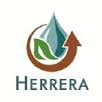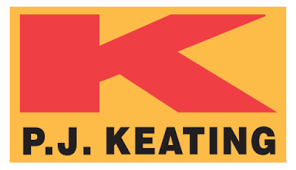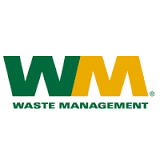News
EPA Announces Award of $21 Million in Funding for State and Tribal Environmental Priorities
Mar 04, 2020
PHILADELPHIA (March 4, 2020) –The U.S. Environmental Protection Agency announced the District of Columbia is among the nation’s states and Tribes to receive a portion of $21 million in Multipurpose Grants for addressing their environmental priorities. The District’s Department of Energy and Environment (DDOEE) will use EPA’s $96,049 multipurpose grant funding to lead and implement a study to identify the sources – human and non-human – of bacteria or E. coli contamination impacting Rock Creek. Findings of the study will help determine on-the-ground solutions and other mitigation measures to help improve water quality and recreational potential in Rock Creek.
“EPA recognizes the important role of states and local governments in protecting and restoring our nation’s waters, particularly our surface waters,” said Mid-Atlantic Regional Administrator Cosmo Servidio. “Improving the water quality of rivers, lakes, and streams goes far in building stronger, healthier and more thriving communities.”
DDOEE plans to implement a Microbial Source Tracking study that will use routine water quality analyses for E. coli contamination as well as more sophisticated procedures to identify whether bacteria pollution is from human or non-human sources. For instance, dogs, deer and birds are non-human sources of bacteria in some surface waters.
EPA’s Multipurpose Grant (MPG) program for States and Tribes supports states, tribes and territories in addressing high-priority environmental issues. Recognizing that environmental challenges differ due to variations in geography, population density, and other factors, this program provides EPA’s co-regulator partners with the flexibility to target funds to their highest priority efforts to protect human health and the environment. With this grant funding, states and tribes are supporting a range of projects, including: addressing contaminants such as PFAS and lead, streamlining permitting processes, performing inspections, updating air and water monitoring equipment, testing radon in schools, and conducting outreach and education in areas such as pesticides application and harmful algal blooms.
Downloadable Resouces









































































































